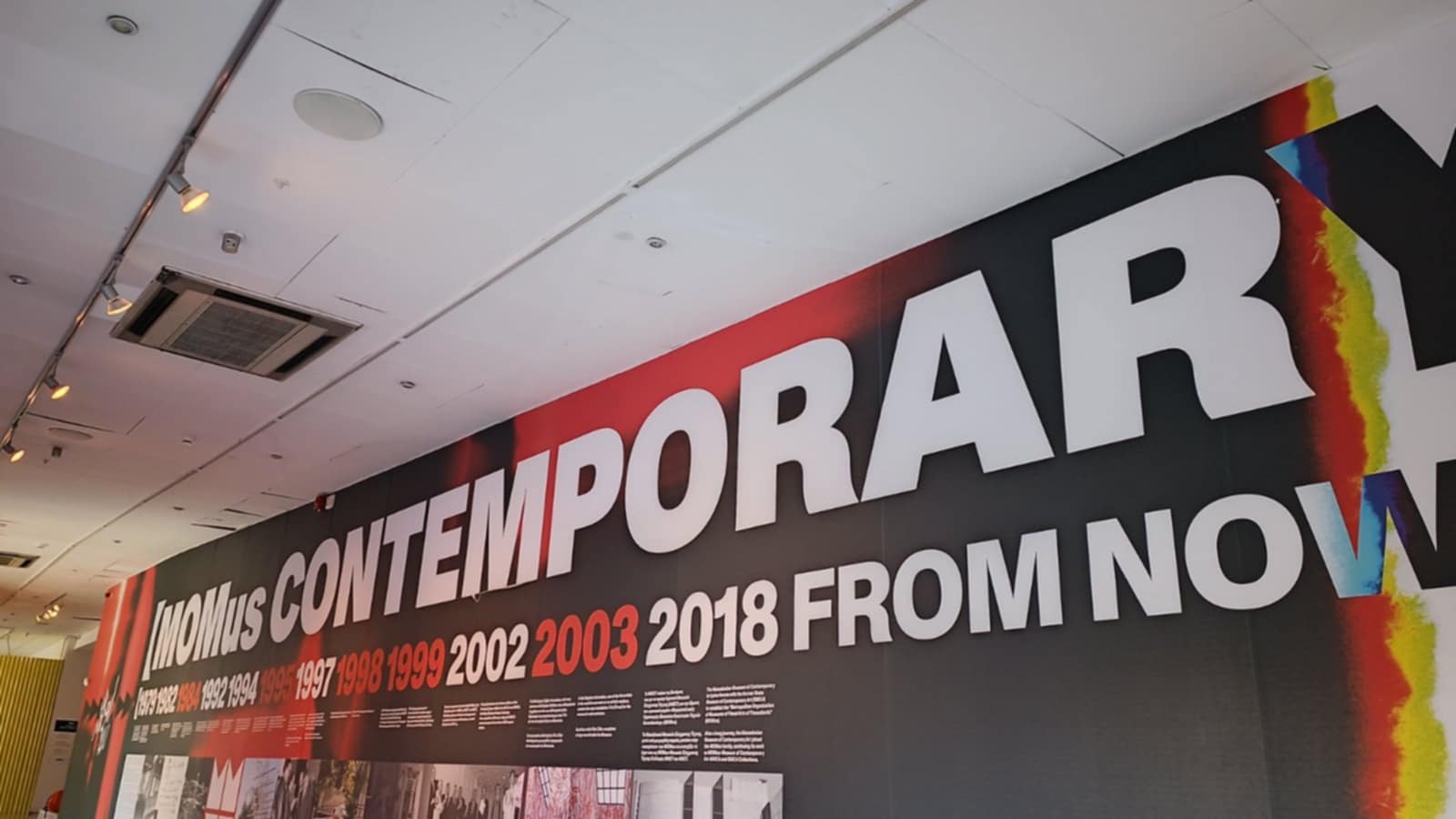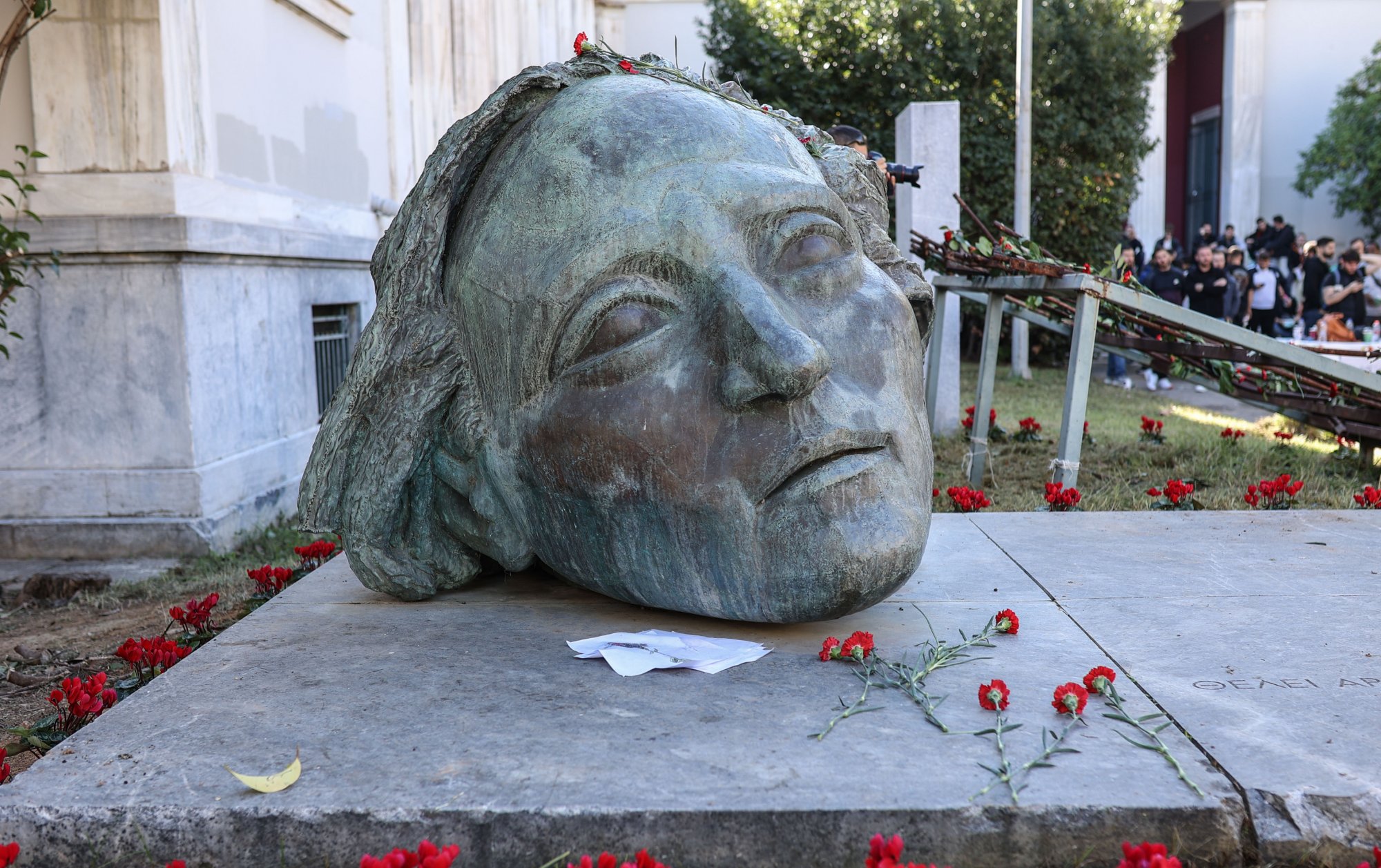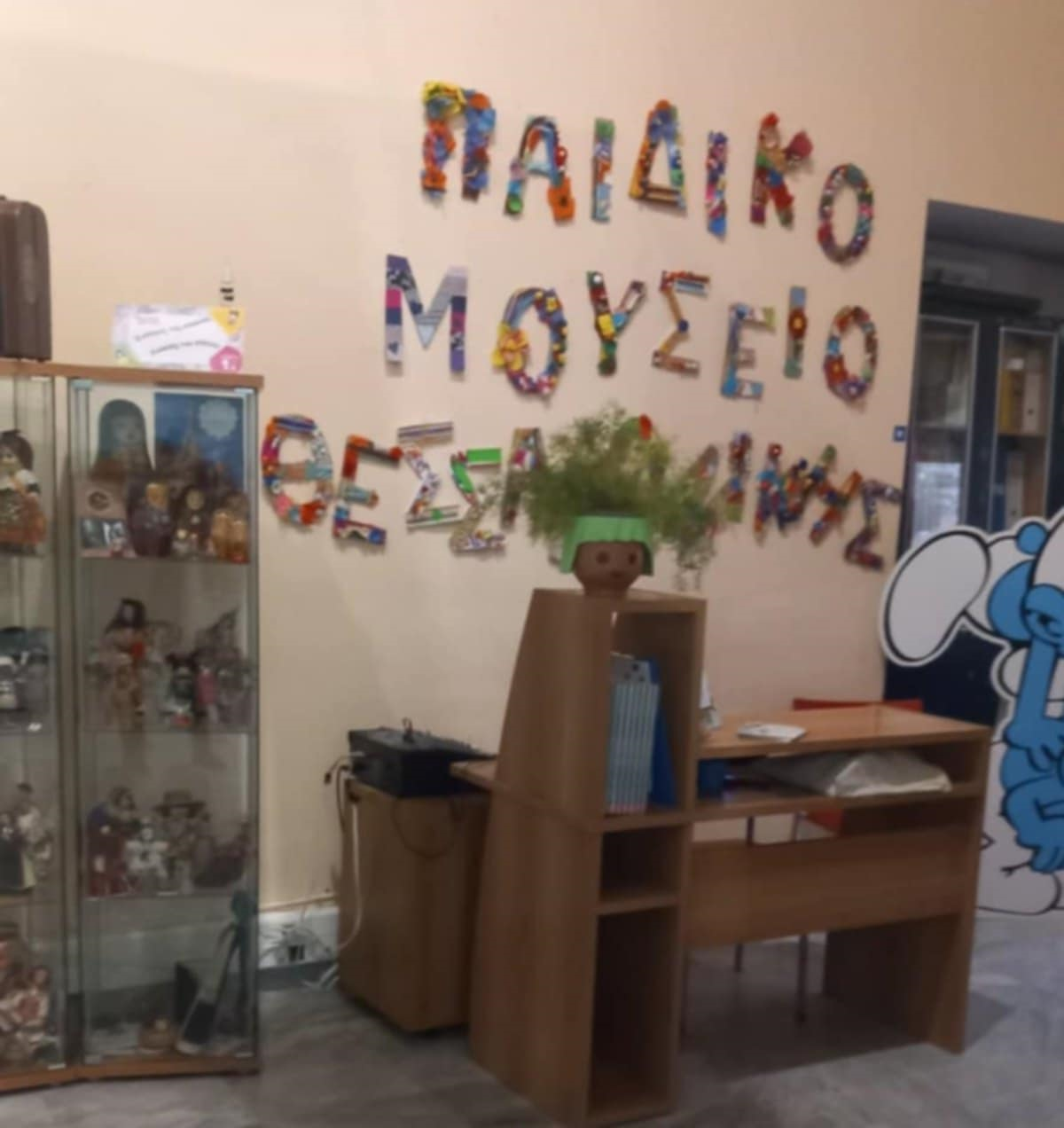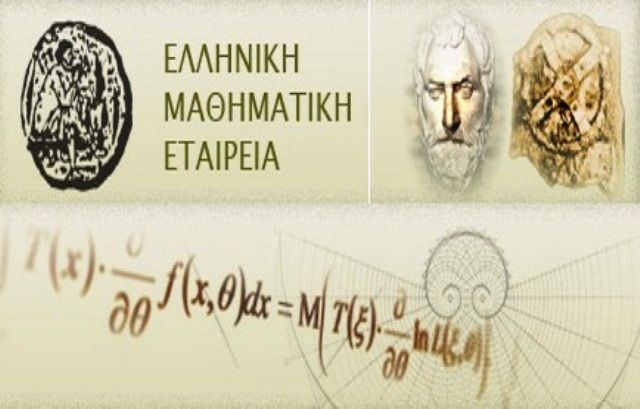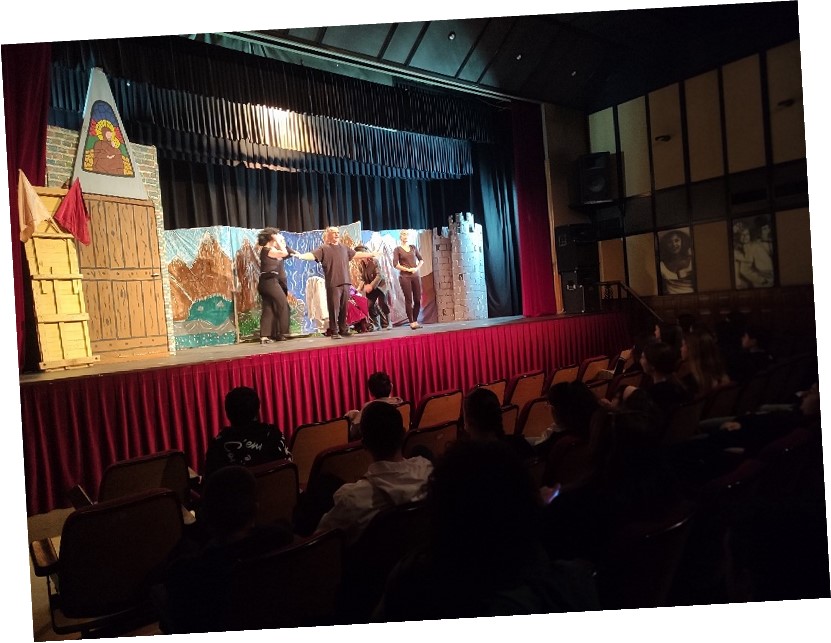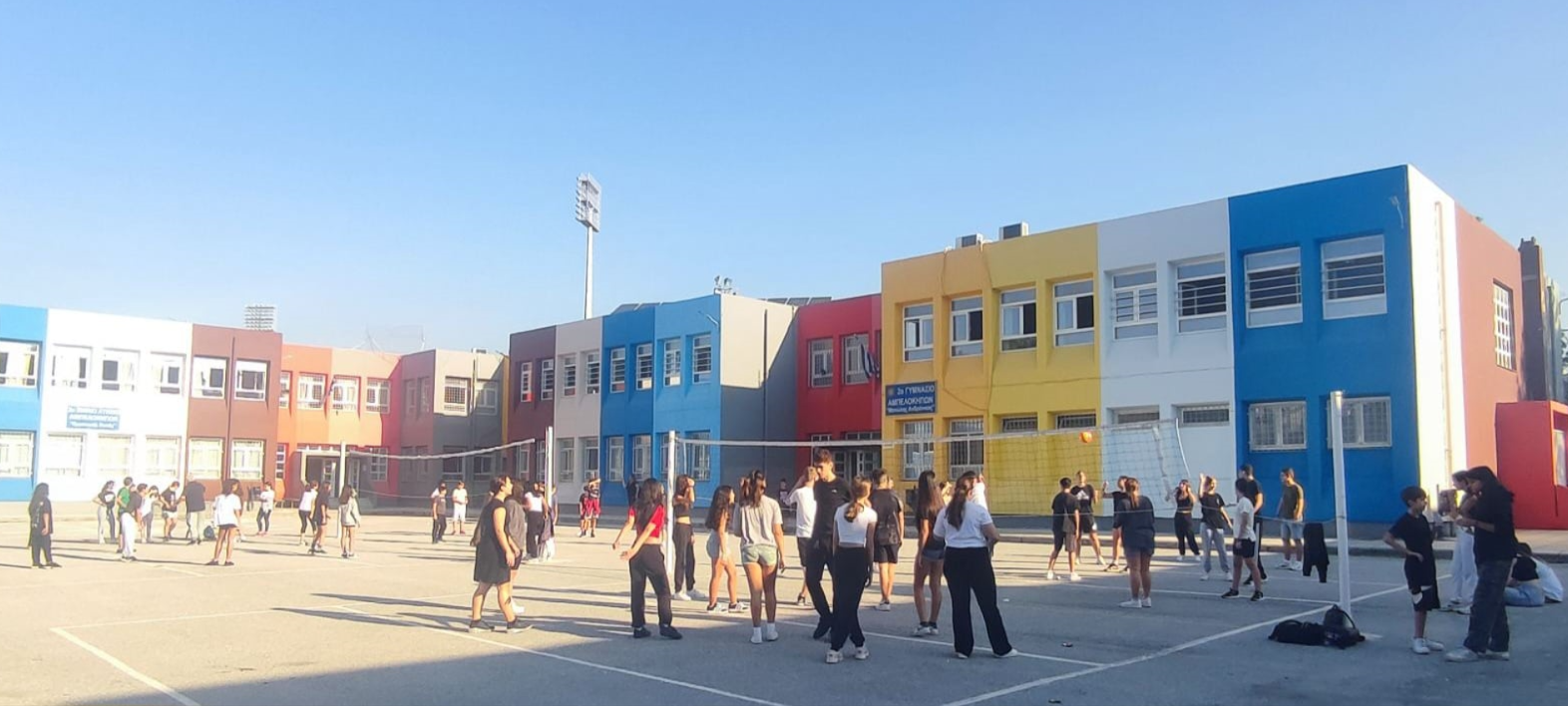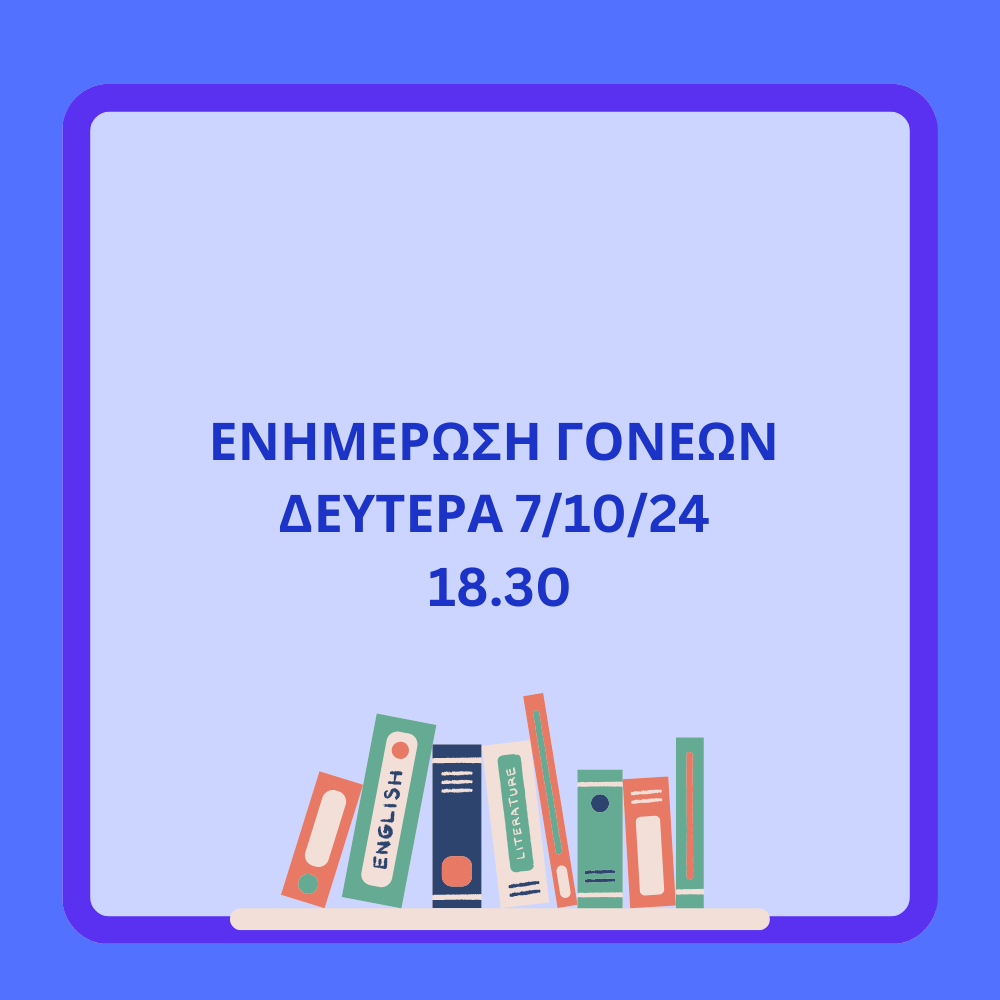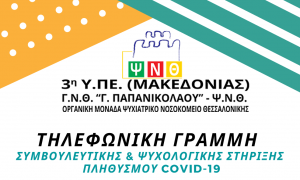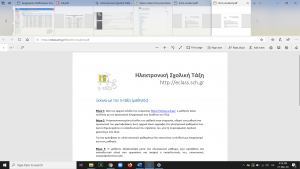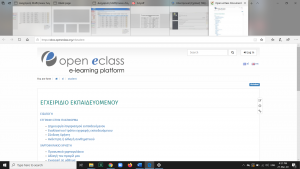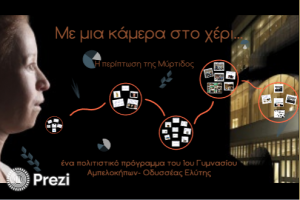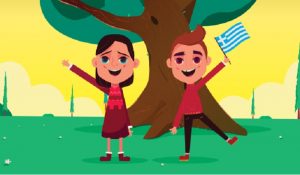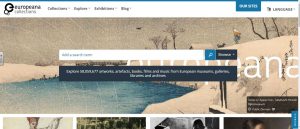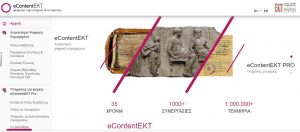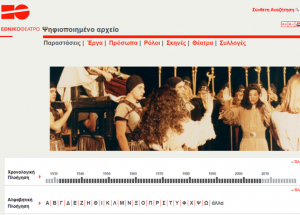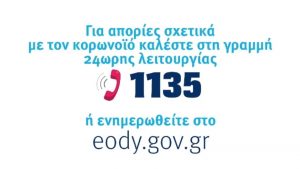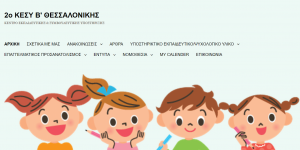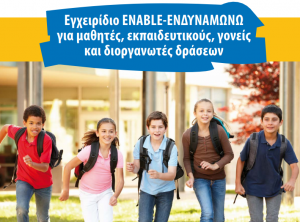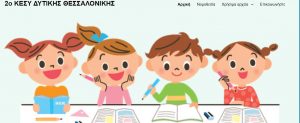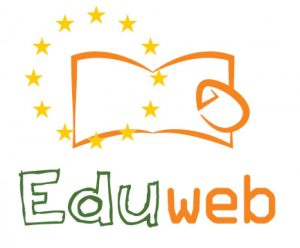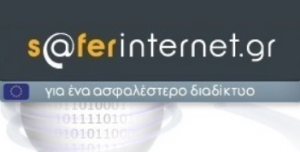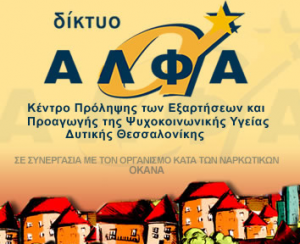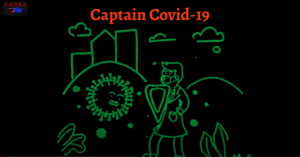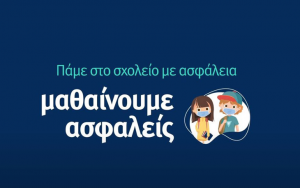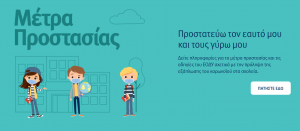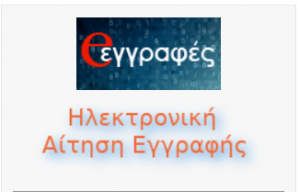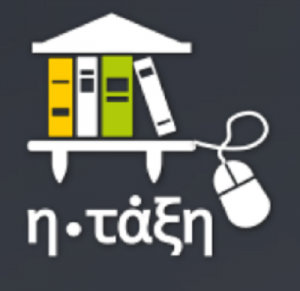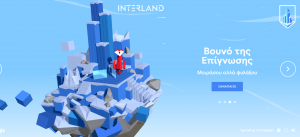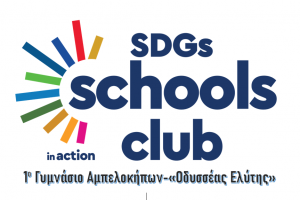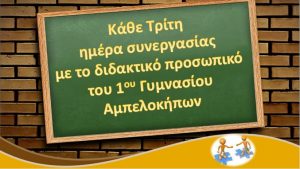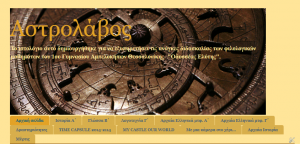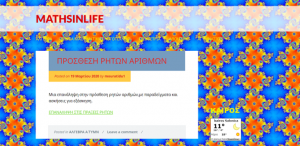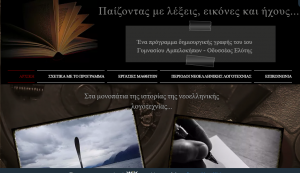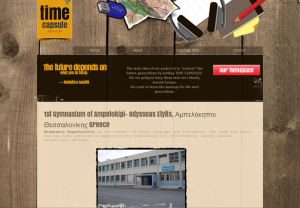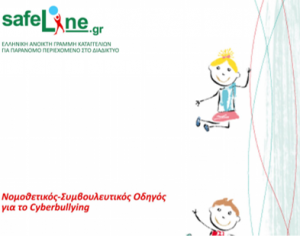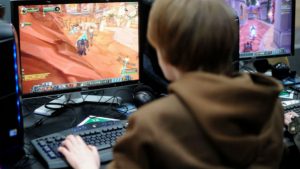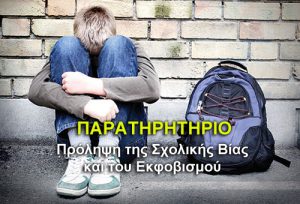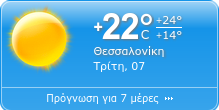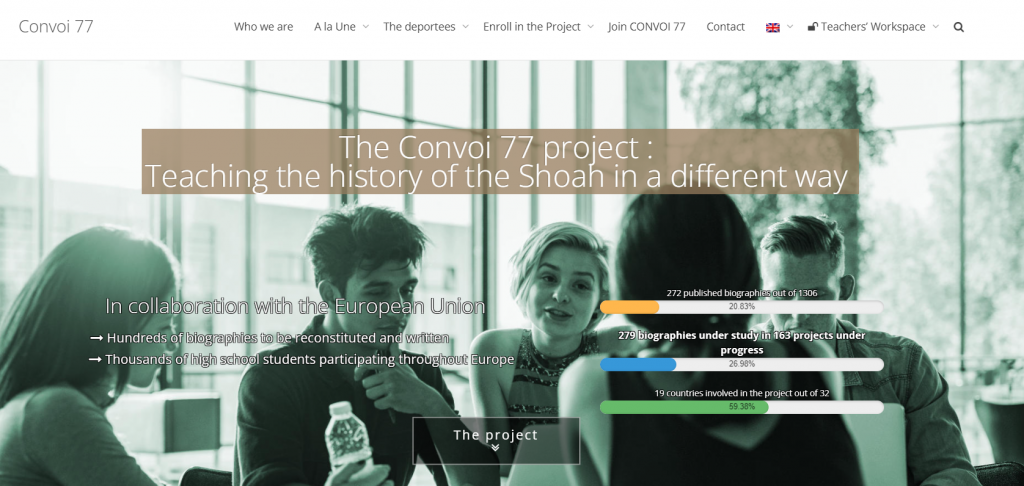
The European Project Convoy 77 aims to piece together the personal history of each of the 1321 deportees of the last large convoy which left Drancy for Auschwitz on July 31, 1944. Prior to the start of the project a research team was commissioned to collect information in the archives. These will be made available to teachers on the site Convoy 77: https://www.convoi77.org/en/
Initiated by the Association Convoi 77, this European project will be conducted in France in partnership with the Ministry of Education.
1. Project purposes
Teachers – and students – involved in the
project will have as a goal to write a biography of the deportee they will have
sought and collected information about (indices, photos, testimonials…) This
biography shall mention gaps, that which can not be known due to the lack of
information; it will include the documents, archives and sources used to draw
it up.
It will be posted on the site of Convoi 77 and will complement the first
biographies already on line.
Convoi 77 site is both a workspace and a place for gathering and sharing
information. The goal is that each one – teacher or student – can comment on
the progress of their research, but also raise their concerns.
2. Project in school curricula
Possible themes (from French school curricula)
according to grade level: Europe, a major theater of total war (1914-1945) –
The second world war, a war of annihilation – France defeated and occupied.
Vichy, Collaboration, Resistance – The historian and the memory of World War II
– The war in the twentieth century, World War II: war of annihilation and
genocide of Jews and Gypsies – The century of totalitarianism – The French and
the Republic.
Wars and conflicts in Europe in the twentieth century – The Holocaust: a crime
against humanity.
Search can be conducted as part of an interdisciplinary
teaching practices. The reading of Dora Bruder, by P. Modiano, for instance,
can be the starting point for a cross-disciplinary work of historical
investigation and literary text.
Research can be considered as part of the classroom curriculum and hours
devoted to the project activity.
It is also possible to link this research to a program concerning moral and
civic issues in the information society.
3. Possible approaches and paths for reflection
As an example, a half-day workshop organized by the Mémorial de la Shoah is offered to teachers involved in this project. After visiting the Mémorial and the museum, students are introduced to work on archival material. In groups, they consult different archives and have to reconstruct the life of Joseph Inspektor, one of the deportees of the convoy 77.
One or more visits to one or several places of remembrance: this memorial aspect of the process, through the emotion it induces, offers a first step to make students feel engaged.
This project can also be an opportunity to explore local history from documents kept in the regional archives, commemorative plaques, private archives…
The ressources for Paris or /and France are listed on the French page : do not hesitate to communicate those available in your area.
4. Difficulties ahead
Writing a biography requires a minimum of documents that it may be difficult to collect during one school year and within the time devoted to the research. However this can be an opportunity to introduce students to the long and painstaking investigative work of an historian.
Documentary research takes time. The teacher shall have to prepare it in advance, plan it; the year curriculum will be organized taking this constraint into acccount.
It will also be necessary to make choices about the number of students to take – groups, a whole class, a few selected students – as well as the objectives to be achieved: awareness about archives, targeted research, research from document reproductions… You won’t perhaps find exactly what was hoped for, so you must think about not leaving your students with a feeling of disappointment and consider a preparation course keeping this parameter in mind.
5. Biblio/sitography
The site of Convoi 77 : https://www.convoi77.org/en/
And also:
http://www.memorialdelashoah.org/
https://www.ushmm.org/wlc/fr/article.php?ModuleId=13
http://www.yadvashem.org/
Non-fiction books:
Epelbaum Didier, Aloïs Brunner, La haine irréductible, Paris,
Calmann-Lévy, 1990.
Brutman Tal, La Logique des bourreaux, Paris, Hachette, 2003.
Jean Laloum, Les juifs dans la banlieue parisienne, des années 20 aux
années 50, CNRS Editions, 1998
Historical writing:
Ivan Jablonka, Histoire des grands-parents que je n’ai pas eus, La
librairie du XXIe siècle, Seuil, 2012,
Ivan Jablonka, L’histoire est une littérature contemporaine, La
librairie du XXIe siècle, Seuil, 2012.
Historical novel:
Patrick Modiano, Dora Bruder, Gallimard, 1997
These are French written books : to be completed with publications in other languages.
However, the Nobel Prize Patrick Modiano is
translated in many languages, and
Ivan Jablonka in English: A History of the Grandparents I Never Had
and Italian: Storia dei nonni che non ho avuto.




